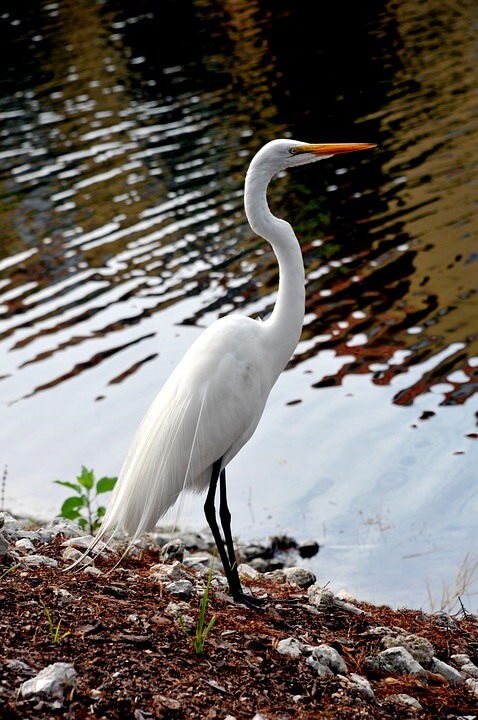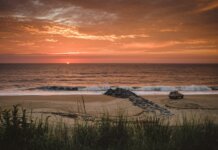Often criticized for killing birds, wind energy is being endorsed by the National Audubon Society, which warns that two-thirds of North American birds are at risk of extinction due to climate change.
The nonprofit conservation organization, founded in 1905, works to protect birds and their habitat. In a new report, Survival by Degrees: 389 Bird Species on the Brink, the National Audubon Society outlines five ways that the U.S. population can help combat climate change, one of which is promoting the use of renewable energy:
- Reduce your use of energy at home and ask your elected officials to support energy-saving policies that reduce the overall demand for electricity and that save consumers money.
- Ask your elected officials to expand consumer-driven clean energy development that grows jobs in your community – like solar or wind power.
- Reduce the amount of carbon pollution released into the atmosphere. In order to drive down carbon emissions, we will need innovative, economy-wide solutions that address every sector of the economy – like a fee on carbon. Another option is to address carbon emissions one sector at a time, like setting a clean energy standard for electricity generation.
- Advocate for natural solutions, from increasing wetlands along coasts and rivers that absorb soaking rains to protecting forests and grasslands that are homes to birds and serve as carbon storage banks, and putting native plants everywhere to help birds adapt to climate change.
- Ask elected leaders to be climate and conservation champions.
“We already know what we need to do to reduce global warming, and we already have a lot of the tools we need to take those steps. Now, what we need are more people committed to making sure those solutions are put into practice,” says Renee Stone, vice president of climate for the National Audubon Society. “Our elected officials at every level of government must hear from their constituents that this is a priority. Audubon is committed to protecting the places birds need now and in the future and taking action to address the root causes of climate change.”
Last year, Jack Clarke, director of public policy and government relations at Mass Audubon, also promoted wind energy in an op-ed published in North American Windpower.





With all of the other carbon-free (much less landscape intensive) forms of generation available, it’s hugely disappointing that Audubon seems to have buckled on this. The dilemma of the “greens”, apparently.
Carbon fee + Freedom Dividend